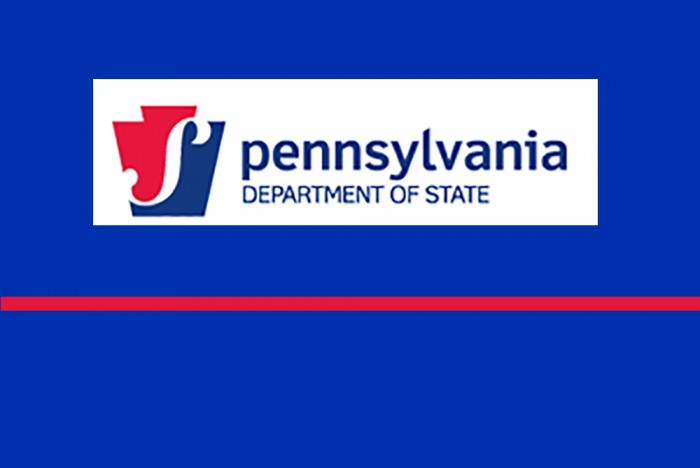Secretary of Education Implements State-Level Waivers to Ensure Continuity and Flexibility
Governor shares video message to students, parents and educators
FOR IMMEDIATE RELEASE
April 9, 2020
View Online
Harrisburg, PA – Continuing his efforts to protect the health and safety of students and communities during the COVID-19 pandemic, Governor Tom Wolf today announced that all schools will remain closed for the remainder of the 2019-20 academic year. The governor made the decision in consultation with Secretary of Health Dr. Rachel Levine and Secretary of Education Pedro A. Rivera. Students and families can continue to pick up meals at designated sites.
Although schools are closed, teaching and learning may continue: schools are strongly encouraged to provide continuity of education for all students in the most appropriate and accessible ways possible. PDE has secured resources intended to help all schools that want to use them – including those not currently offering online platforms, those requiring additional technology support, and those that may rely on traditional methods, such as paper lessons, to continue educating students. There is no cost to schools or students for these resources.
“We must continue our efforts to mitigate the spread of the virus during this national crisis,” Governor Wolf said. “This was not an easy decision but closing schools until the end of the academic year is in the best interest of our students, school employees and families.”
Secretary Rivera said the administration’s primary consideration has always been to make the best decision in the context of student and community health and safety.
“While the rapidly evolving COVID-19 pandemic and its mitigation efforts have created uncertainty in our schools and communities, today’s action to close schools for the remainder of the academic year provides school communities with predictability and understanding of the conditions under which they’ll be operating and serving students,” Rivera said. “As schools and communities adapt to the prolonged school closure, PDE will continue to work with our state, educational, and business and nonprofit partners to meet the needs of students.”
Today’s decision applies to all public K-12 schools, brick and mortar and cyber charter schools, private and parochial schools, career and technical centers and intermediate units. All Department of Education early learning program classrooms, including those for Pre-K Counts, Head Start Supplemental Assistance Program (HSSAP) and Preschool Early Intervention, will also remain closed.
Colleges and universities may not resume in-person instruction or reopen their physical locations until the governor permits them to open or lifts the closure of non-life-sustaining businesses.
Schools will remain closed though the end of the 2019-2020 academic year as it is defined by the local school calendar.
Under the state’s directive, schools could begin summer programming on the day after their academic year ends.
Secretary Rivera added that all re-openings will be contingent on public health guidance provided by the Secretary of Health and stay-at-home orders issued by the governor.
In addition to the school closure announcement, through his order Secretary Rivera also took action that will ensure crucial stability of education programs. Under Act 13 of 2020, the secretary has exercised his executive authority to adjust requirements for the evaluation of professional employees and waive student teaching requirements that may not be possible in the context of school closures.
“By taking these actions, the department is providing flexibility in the near term, while signaling that core functions of public education can and will continue,” he said.
The department has been providing ongoing guidance to school communities in the form of FAQs. The guidance information is available at education.pa.gov/COVID19.
For more information about Pennsylvania’s education policies and programs please visit the Department of Education’s website or follow PDE on Facebook, Twitter, or Pinterest.
MEDIA CONTACT: Lyndsay Kensinger, Governor’s Office, [email protected]
Eric Levis, PDE, 717-783-9802, or [email protected]
# # #
















